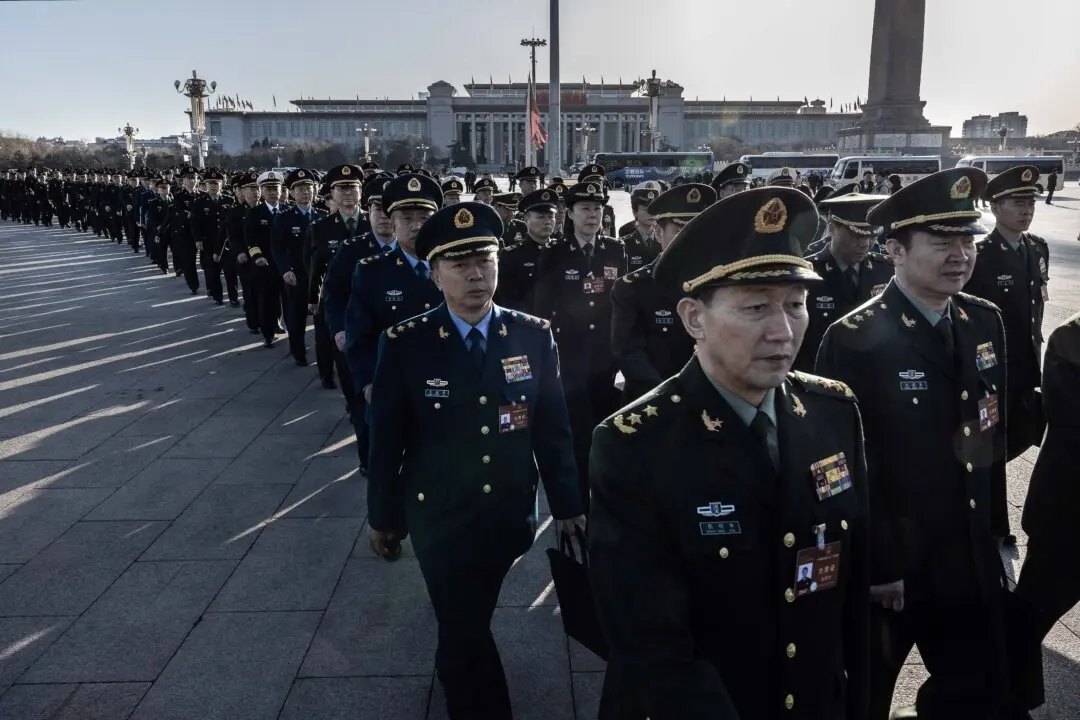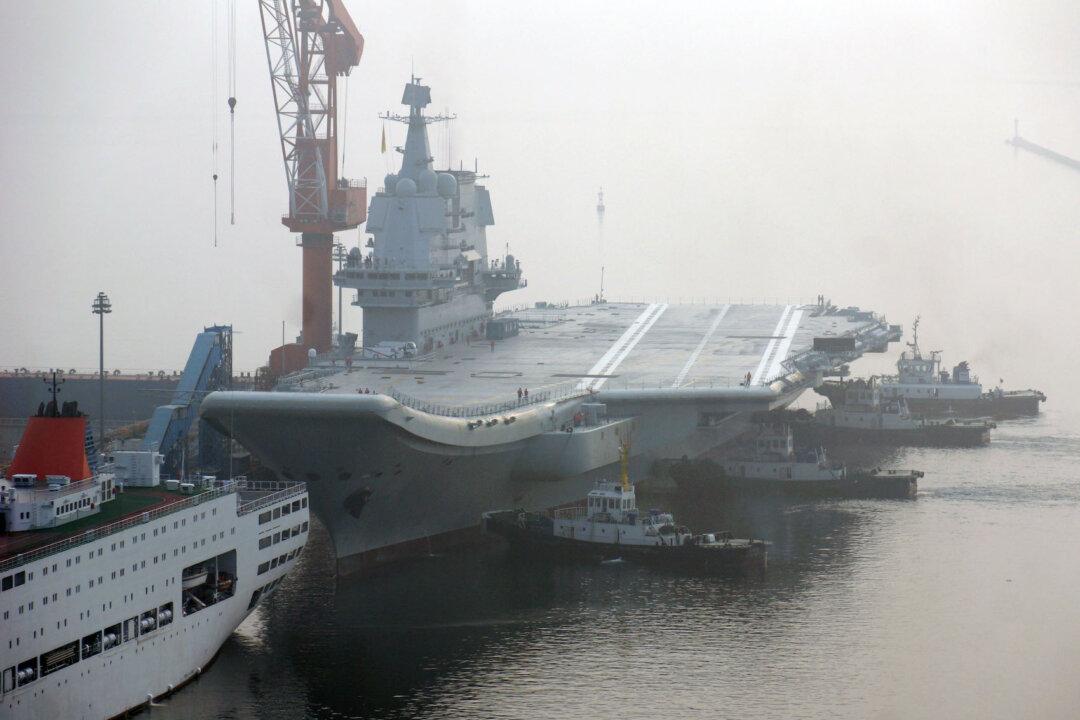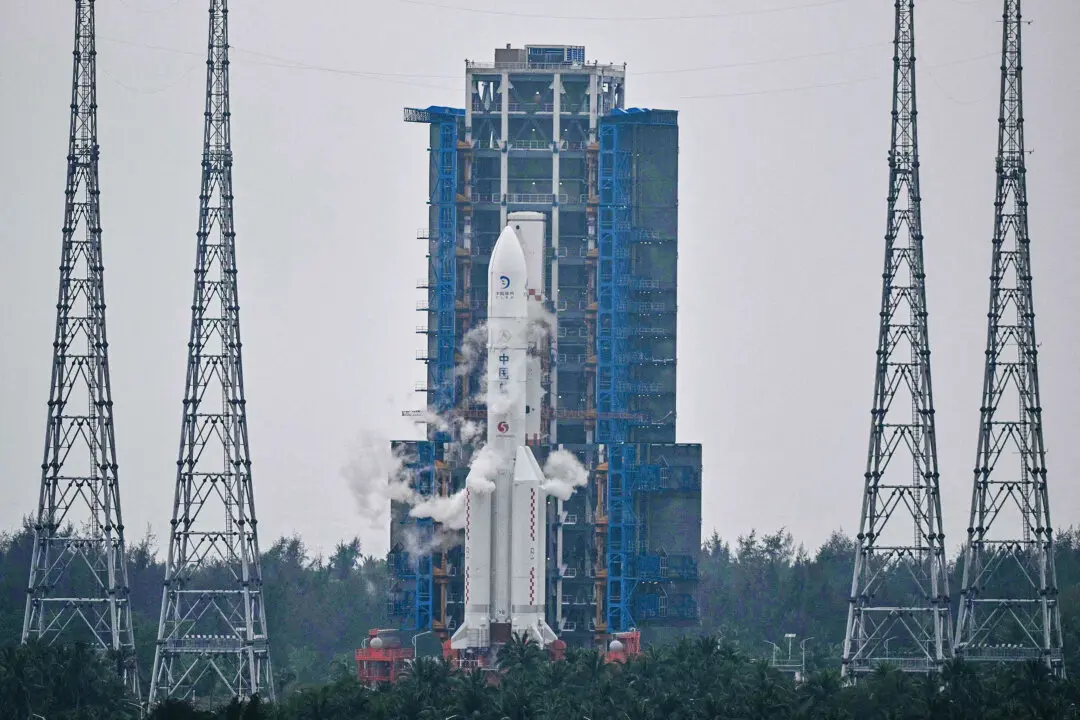Commentary
Tensions between the United States and China have been high since U.S. House Speaker Nancy Pelosi visited Taipei in August. The Chinese regime’s response was to conduct several days of live fire drills off of the island’s shores. The signing of the National Defense Authorization Act (NDAA) has evoked a similarly threatening response from Beijing with 24 hours of military sorties.





